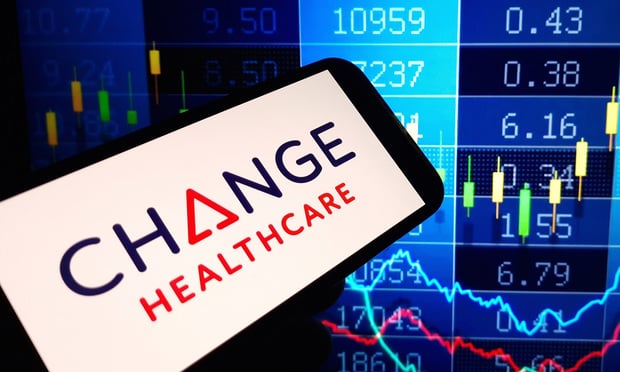Opioid abuse and overdose deaths in the U.S.are at epidemic levels, in part due to an increased level of fraudwithin the Medicare Part D program, according to a report released by the inspector general of the U.S.Department of Health and Human Services.
|A total of 69,563 Medicare beneficiaries received extremeamounts of opioids, and 22,308 beneficiaries appeared to be doctorshopping -- receiving high amounts of opioids by having multipleprescribers and pharmacies. In 2016 one beneficiary receivedopioids from 46 different prescribers and 20 different pharmacies.In one month alone, this beneficiary received 11 different opioid prescriptions from eight prescribers infive different states, and filled these prescriptions at sixdifferent pharmacies.
|Moreover, 678 beneficiaries received even more extreme amountsof opioids. In one case, a beneficiary from New Hampshire received134 prescriptions for opioids from one prescriber in 2016.
|“Receiving extreme amounts of opioids raises concerns,” theauthors write. “It may indicate the beneficiary is receivingmedically unnecessary drugs, which could be diverted for resale. Itmay also indicate the beneficiary is addicted to opioids and atrisk of overdose. Alternatively, it may indicate a beneficiary’sidentification number has been stolen or sold.”
|Such practices also increase the chance for overdose death,according to the report. In 2015, the number of opioid-relateddeaths exceeded 33,000 for the first time.
|In addition to the risk of abuse, misuse, and diversion, opioidscarry a number of health risks. Side effects from using opioids mayinclude respiratory depression, confusion, tolerance, and physicaldependence. For seniors, long-term use of prescription opioids alsoincreases the likelihood of falls and fractures.
|“For these reasons, it is essential that Medicare Part Dbeneficiaries only receive medically necessary opioids in theappropriate amounts,” the authors write.
|In 2016, 1 out of every 3 beneficiaries received at least oneprescription opioid through Medicare Part D. In total, 14.4 millionof the 43.6 million beneficiaries enrolled in Medicare Part Dreceived opioids. Above that, 501,008 beneficiaries received highamounts of opioids, not including beneficiaries who had cancer orwere in hospice care.
|In total, 115,851 prescribers ordered opioids for at least onebeneficiary at serious risk of opioid misuse or overdose becausethe patient had received extreme amounts or appeared to be doctorshopping, or both. A total of 401 prescribers had “questionableprescribing patterns” by ordering opioids for the highest numbersof beneficiaries at serious risk.
|“Prescribers must be vigilant about checking the statemonitoring databases to ensure that their patients are receivingappropriate doses of opioids and to better coordinate patientcare,” the authors write. “At the same time, we must addressprescribers with questionable prescribing patterns for opioids toensure Medicare Part D is not paying for unnecessary drugs that arebeing diverted for resale or recreational use.”
|The agency also recommends both the public and private sectorsstrengthen public health surveillance, advance the practice of painmanagement, improve access to treatment and recovery services,target availability and distribution of overdose-reversing drugs,and support cutting-edge research.
|“By working together and expanding our efforts in Part D, we canhelp curb the opioid crisis in our nation,” the authorsconclude.
Complete your profile to continue reading and get FREE access to BenefitsPRO, part of your ALM digital membership.
Your access to unlimited BenefitsPRO content isn’t changing.
Once you are an ALM digital member, you’ll receive:
- Critical BenefitsPRO information including cutting edge post-reform success strategies, access to educational webcasts and videos, resources from industry leaders, and informative Newsletters.
- Exclusive discounts on ALM, BenefitsPRO magazine and BenefitsPRO.com events
- Access to other award-winning ALM websites including ThinkAdvisor.com and Law.com
Already have an account? Sign In
© 2024 ALM Global, LLC, All Rights Reserved. Request academic re-use from www.copyright.com. All other uses, submit a request to [email protected]. For more information visit Asset & Logo Licensing.








